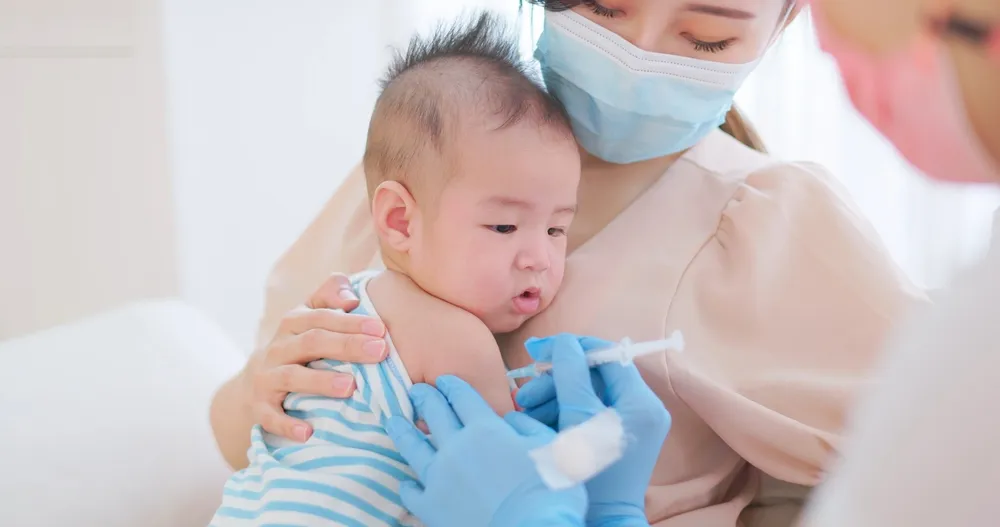Childhood vaccinations are a vital part of Pediatric Services in Migori, as they are around the world. These vaccinations are designed to protect children from a variety of serious and potentially life-threatening infectious diseases. By understanding the importance and schedule of these vaccinations, parents and caregivers can ensure their children's health and well-being.
1. The Importance of Vaccinations:
Vaccinations play a critical role in public health by providing immunity against contagious diseases. They work by stimulating the immune system to recognize and fight off specific pathogens. This process significantly reduces the incidence of diseases like measles, polio, and whooping cough, which were once common but have now been greatly diminished or nearly eradicated in many parts of the world, including Migori.
2. Common Childhood Vaccinations:
Hepatitis B Vaccine: Administered shortly after birth, it protects against the Hepatitis B virus.
Diphtheria, Tetanus, and Pertussis Vaccine (DTaP): Protects against three serious diseases caused by bacteria.
Polio Vaccine (IPV): Prevents poliomyelitis, a crippling and potentially deadly infectious disease.
Measles, Mumps, and Rubella Vaccine (MMR): Shields children from these three highly contagious diseases.
Varicella Vaccine: Protects against chickenpox, a common and usually mild childhood illness that can be severe in some cases.
3. Vaccination Schedule:
The vaccination schedule is designed to provide immunity at times when children are most vulnerable. Pediatric services in Migori follow a schedule that typically begins at birth and continues into adolescence. This schedule ensures timely protection against various diseases throughout a child's development.
4. Safety and Side Effects:
Vaccines undergo rigorous testing for safety and effectiveness before being approved. Common side effects are usually mild, such as soreness at the injection site or a low-grade fever. Serious side effects are extremely rare. The benefits of vaccinations in preventing serious illnesses far outweigh the risks of side effects.
5. Herd Immunity:
When a significant portion of the community is immunized, it creates 'herd immunity,' indirectly protecting those who cannot be vaccinated, such as infants, the elderly, or those with weakened immune systems. This is a critical aspect of pediatric services in Migori and global public health efforts.
6. Addressing Vaccine Hesitancy:
Some parents may have concerns about vaccines due to misinformation. Pediatricians and healthcare providers in Migori are dedicated to addressing these concerns, providing accurate information, and ensuring that parents are comfortable and informed about the benefits of vaccinating their children.
Conclusion:
Childhood vaccinations are a cornerstone of preventive health care. They play a crucial role in safeguarding the health of individual children and the broader community. In Migori, like in other parts of the world, pediatric services emphasize the importance of adhering to the recommended vaccination schedule to ensure every child grows up healthy and protected from preventable diseases.

